If you go to the DIY section on our website you will see that we offer a lot of do it yourself kits: for diaphragmatic absorbers, quadratic diffusion, all kinds of devices, sliding foam panels, etc. Today I want to talk about the diffuser build plans because I do get some questions and hopefully this video will help to clarify a little bit. First of the build, the build drawings, not blueprints. Everybody thinks this is a blueprint with exact measurements, exact cut sheets, exact dimensions. No! They are illustrations to show you what is involved with the particular prime number that you are buying and building. There is a lot of things that you have to know first before you just start building. You have to do your layout, you have to do your planning, you have to make sure you select the right prime number for the room usage.
I am going to harp on that, usage, usage, usage… It’s like in real state: Location, location, location! Same thing with room acoustics: usage, usage, usage. Every usage is different when it comes to acoustical treatment. First of, the drawings help you to illustrate the concept, design and requirements so that you can calculate your materials that you need. So it shows you form, assembly, size. Everything varies though. So you can’t just build what’s in the plans and think that will be good for your situation. Fill out the room form, send me an email, call me, ask me first! If you buy the plans, that is fine. But make sure you put the right diffuser in the right situation, and the right usage. The diffuser height varies, you can vary the well width, you can vary the construction, the way you build a box, everybody does joinery different. You have people out there that are good woodworkers and experienced, everybody uses different joinery, different material. There is no way to draw out blue prints for all of that stuff. Because there is too many variables. The drawings, the build drawings can give an idea what’s up and what you have to go through to build them. And you can buy your materials from there. If you have any questions just call me. You have to know about positioning, vertical and horizontal. Once again, usage! Everything is usage. The height variable can change, usage. The well width, the distance between the veins in it can change depending on usage, vertical or horizontal dispersion, positioning of the diffusor – do we put it vertically? Do we lay it on it’s side? Usage, usage, usage! How high from the floor? – usage! What are you doing? Are you mixing, are you mastering? Two channel playback? All different. What is the listener height, distance, radiation? – Usage, again!
So all this variables have to be taken in to consideration. Buying the plans is good because it shows you how and what is involved with the process. But the application of those technologies, you got to know which plan and which diffuser to use in which situation, which all you to do is contact me and I will tell you. And obviously if you have any questions during the build I will be able to help you, too. But it is good that you have got them, and study them for reading and comprehension, and then contact me with any questions that we make sure we match the right one to the usage. Buying the plans and building a diffuser, let’s say a prime eleven without knowing why is like a blind man walking into a forest and expecting not to run into a tree. So you have to be really careful here. Match the prime numbers to the usage and I can help you with that. I can do it off the top of my head, send me and email or a phone call.
Check out our DIY section here.
—
This is an unedited transcript from our video series from Acoustic Fields. There will be some errors in grammar and sentence structure that occur during this translation process.
For complete understanding and comprehension, please view the video which is included in this text. For any additional information regarding this topic or others relating to room acoustics, please contact us directly at:
P: 520 – 392 – 9486


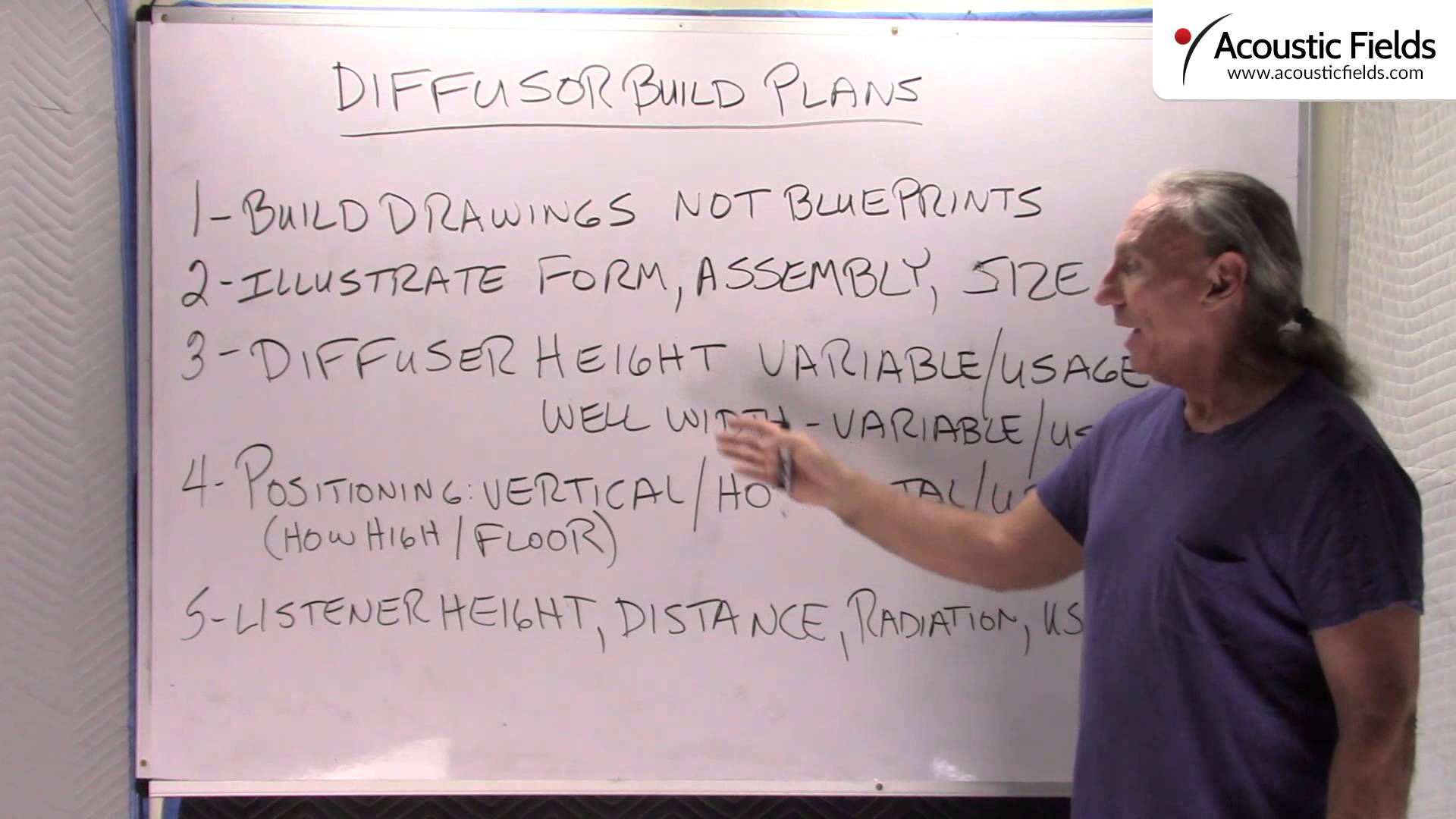

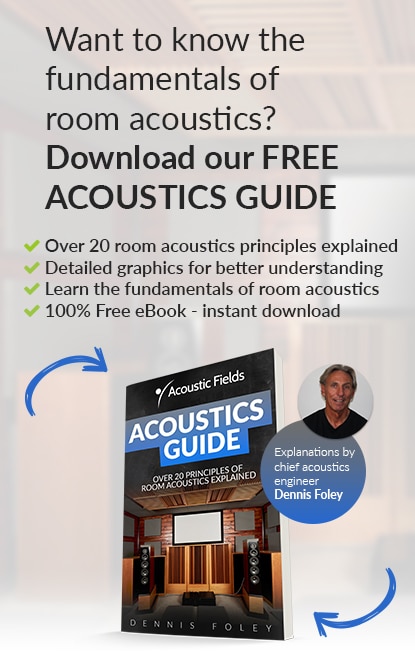
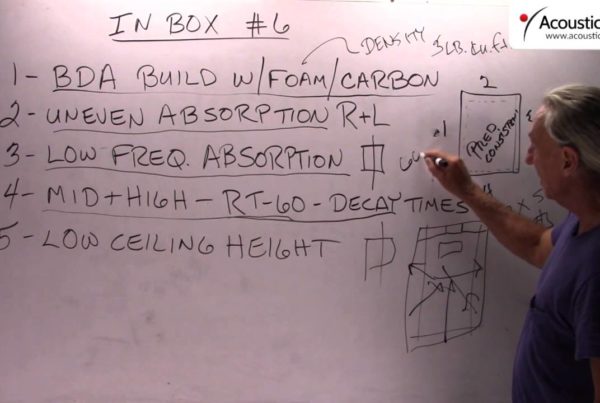
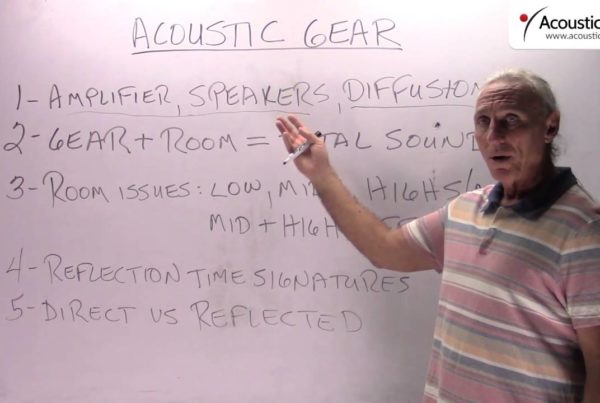
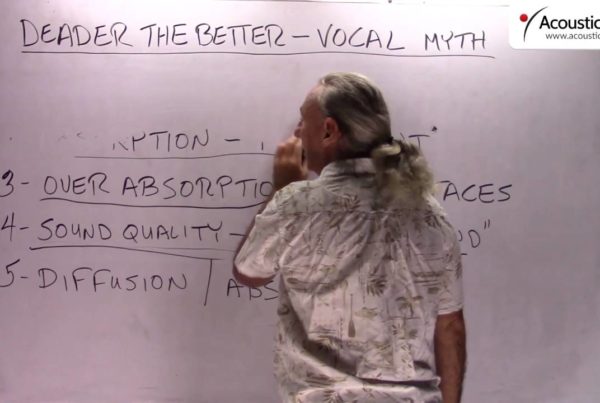
Dear Dennis, so can’t the woods on the diffuser be cut random ?
Hi Nell, I do not understand your question. Please elaborate.